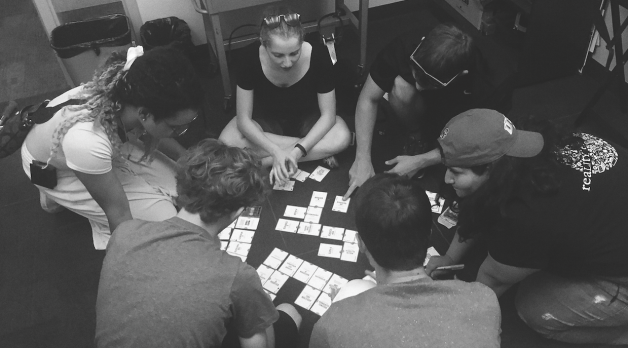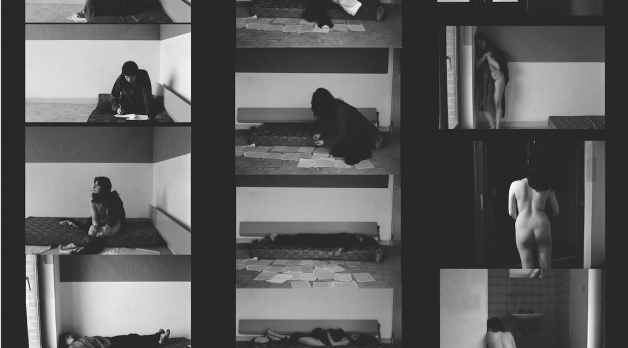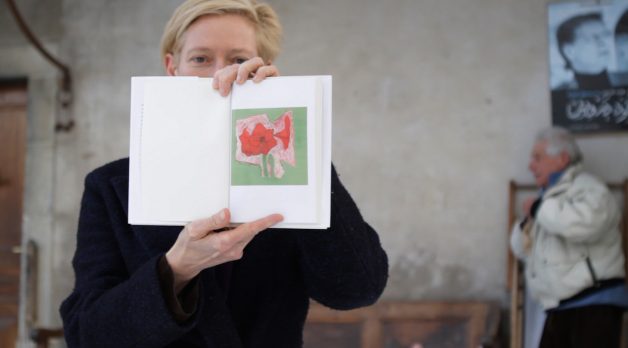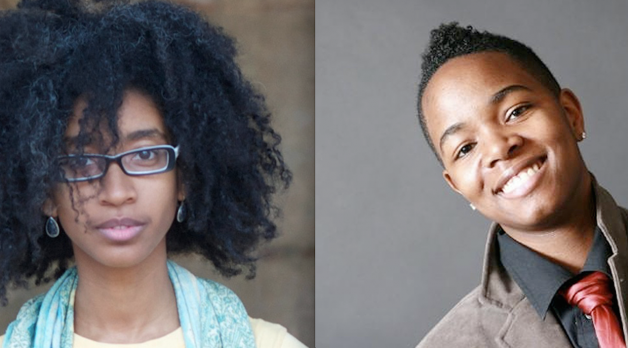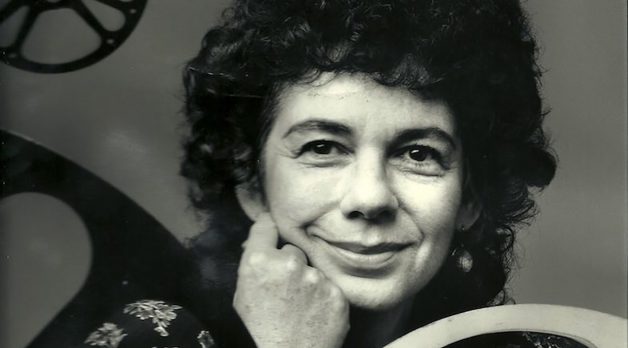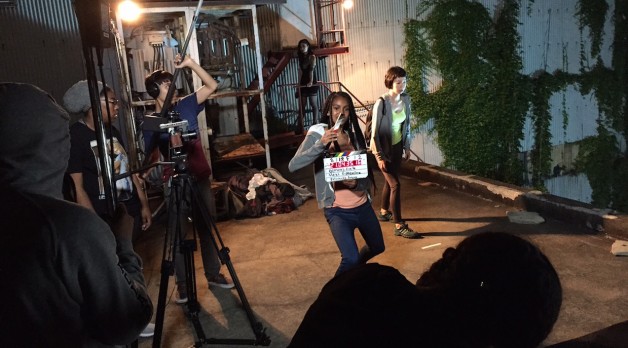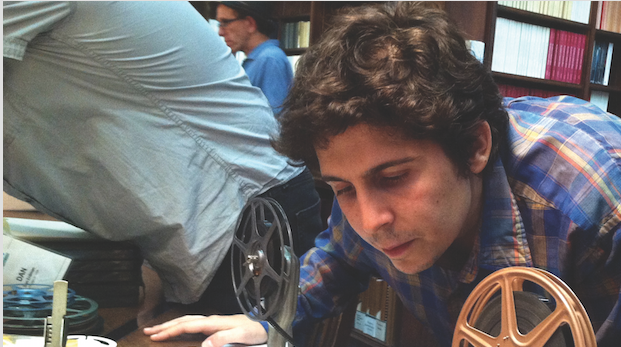Extra Curricular
by Holly Willis
-
Creative Critical Writing
In 1993, I was a graduate student in a Critical Studies Ph.D. program studying independent, avant-garde and feminist film and video, figuring out how to write about them, and thinking about what it meant to write at all. I adored high theory—the thickness of it, the heady political ambition, the philosophical complexity. But I liked zines and the wild world of alternative publishing, too, along with the community of readers eager for experiments that these publications augured. My advisors discouraged involvement with Filmmaker—a career-killer, for sure—and when I was offered a short-term job at Variety one summer, they rolled their… Read more
-
A Necessary Rethink
A few months ago, one of my students tried to kill himself. He took a handful of pills and got into bed. Luckily, he mentioned what he had done to someone else, and a little while later, the campus police showed up at his dorm door. They took him by force to the hospital, and then — a day later, again by force — from the hospital to a lockdown facility on the edge of Los Angeles. And so, late one Friday night, I found myself handing over my keys, cell phone and identification to a stern guard inside a… Read more
-
 Traditional Teaching Ends Here
Traditional Teaching Ends Here
This is a secret: For the past seven years, each fall semester, the School of Cinematic Arts at the University of Southern California (where I work) has hosted an alternate reality game called Reality Ends Here for the incoming cohort of freshmen students. It is completely unacknowledged by the faculty; participating students get no credit for playing; no school equipment can be used to make projects; and to play usually means to collaborate, not hone your own individual career trajectory. And here’s another secret: The game may be home to some of the best teaching and learning in the entire… Read more
-
 25 Sentences
25 Sentences
1. Inspired by a small pantheon of icons — Chantal Akerman, Jean-Luc Godard, Rainer Werner Fassbinder, Ulrike Ottinger — I sought rage and radiance together. 2. In the 19th century, the light on the far edges of the magnetic spectrum was dubbed “invisible light.” 3. But then I returned to her films —those of Chantal Akerman — hunched over the computer, watching frame-by-frame, excerpting image after image to create grids, comparisons, my own small compositions. 4. By rearranging the coordinates of space and time, he — media artist Daniel Crooks — creates a city in perpetual evolution, its times and spaces offering up new… Read more
-
 Posthumous Experimentation
Posthumous Experimentation
For many years I have kept in my nightstand drawer a rectangular electronic address book from the early 1990s. About the size of a flattened wallet, the device is matte black, slim and opens up to reveal a narrow screen and tiny keyboard on which I could type in and retrieve phone numbers and addresses. Or I could when the battery worked. I have saved this little booklet for so many years not because it reminds me of my petty pleasure-flaunting vanguard technology but for another reason: It contains Derek Jarman’s phone number. Then, the sequence of digits signaled a… Read more
-
 Paradigms of Change
Paradigms of Change
“Let us use our cameras to build our communities, strong, healthy and with joy.” This seemingly low-key imperative serves as a radical foundation for the Black Feminist Film School, an evolving assemblage of tools, traditions and teaching that supports the telling of stories about the Black experience founded and led by scholar/practitioners Alexis Pauline Gumbs and Julia Roxanne Wallace. Both Gumbs and Wallace can boast a long list of academic credentials. Gumbs holds a doctorate degree in English, African and African-American studies and women and gender studies from Duke University, and she was the first scholar to research the Audre… Read more
-
 Embodied Teaching
Embodied Teaching
The notorious 1964 film Scorpio Rising opens on a tangle of metal, pieces from a disassembled motorcycle, and a young man tinkering with the detritus in a garage. Ricky Nelson sings “Fools Rush In” on the soundtrack as the camera pans lovingly over rugged boots, bulky links of chain, and then down over the back of a leather jacket with the film’s title and director’s name — Kenneth Anger — written in shiny studs. The man wearing the jacket spins around, and we’re suddenly up close both to his crotch and the soft naked skin of his belly. I was… Read more
-
 Building Better Entertainment: SCI-Arc’s MA in Fiction and Entertainment
Building Better Entertainment: SCI-Arc’s MA in Fiction and Entertainment
Liam Young is an architect, but rather than building skyscrapers or designing public squares, he makes movies. “I call myself an architect, but I solely work in the spaces of fiction and film,” he says from his studio in London. Indeed, his entire practice is devoted to interrogating the increasingly blurred boundaries among film, fiction, design and storytelling with the goal of imagining our future. Using speculative design and the conjuring of imaginary cities that are assembled from the physical world around us, he opens up conversations querying urban existence, asking provocative questions about the roles of both architecture and… Read more
-
 Investing in Change: The Ghetto Film School
Investing in Change: The Ghetto Film School
Just after the Oscar nominations in 2015, Derrick Cameron wrote a guest column in The Hollywood Reporter titled “How to Fix the Oscars: Take a Cue from the Sports World and Fix the Talent Pool” in which he argued that “we have not invested in developing new voices in American cinema, particularly from communities that reflect our various cultures.” In contrast, Cameron and a team of other passionate educators have worked for more than a decade to make precisely that investment. They are the team responsible for Ghetto Film School. Founded in 2000 by Joe Hall in the South Bronx,… Read more
-
 To Protect and Preserve
To Protect and Preserve
How’s this for the elements of an amazing education: an internship at the studio of David Byrne, independent study with experimental filmmaker Jem Cohen and a thesis project dedicated to assessing and organizing all of the videos documenting the live shows of the band Fugazi? The education then results in a freelance gig organizing Sonic Youth’s archive, which eventually leads to a position as a media conservator at the Museum of Modern Art, where, on any given day, you might be reviewing the museum’s video collection or prepping for an expansive survey of the incredible work of Bruce Conner. This… Read more
